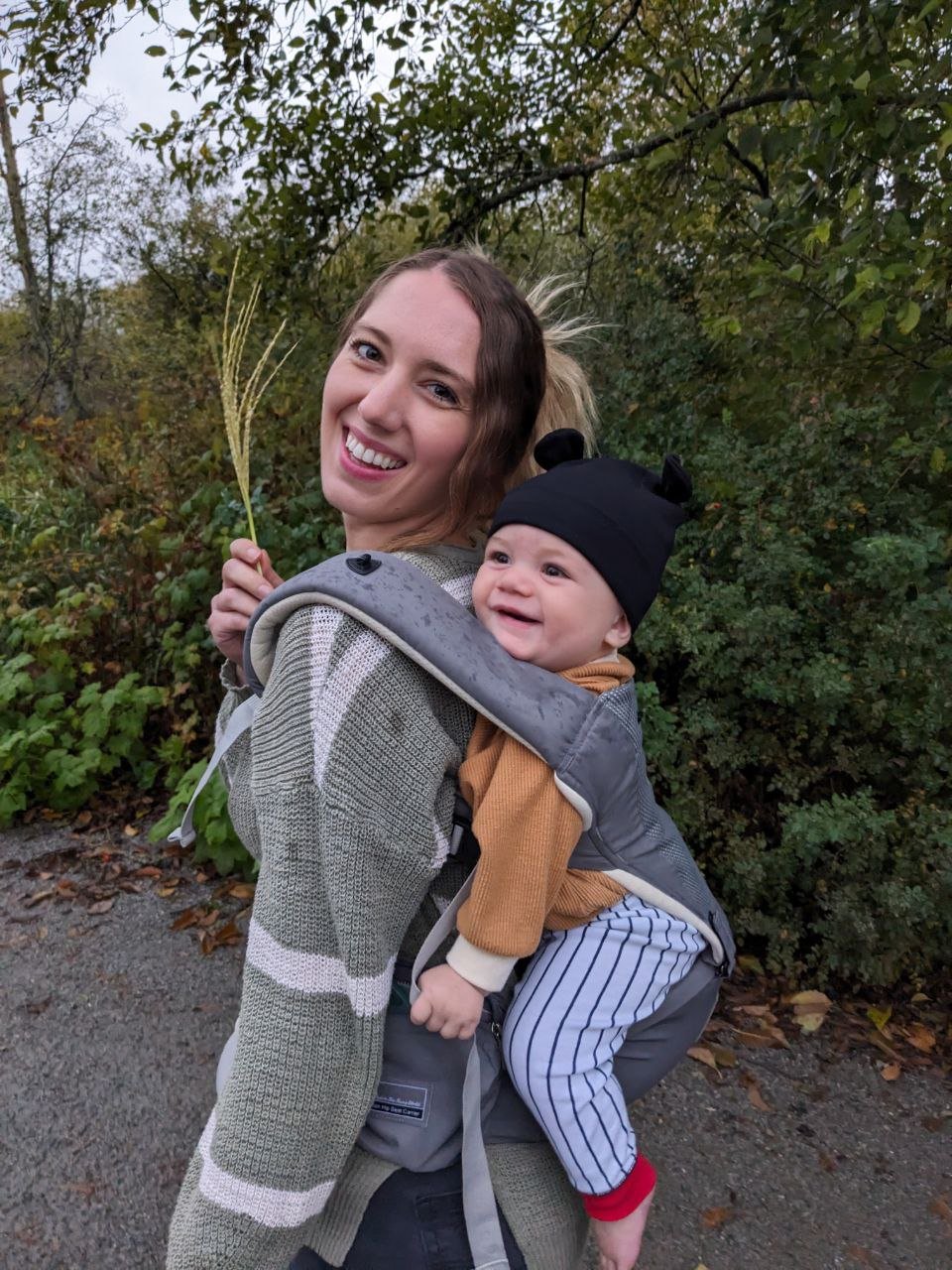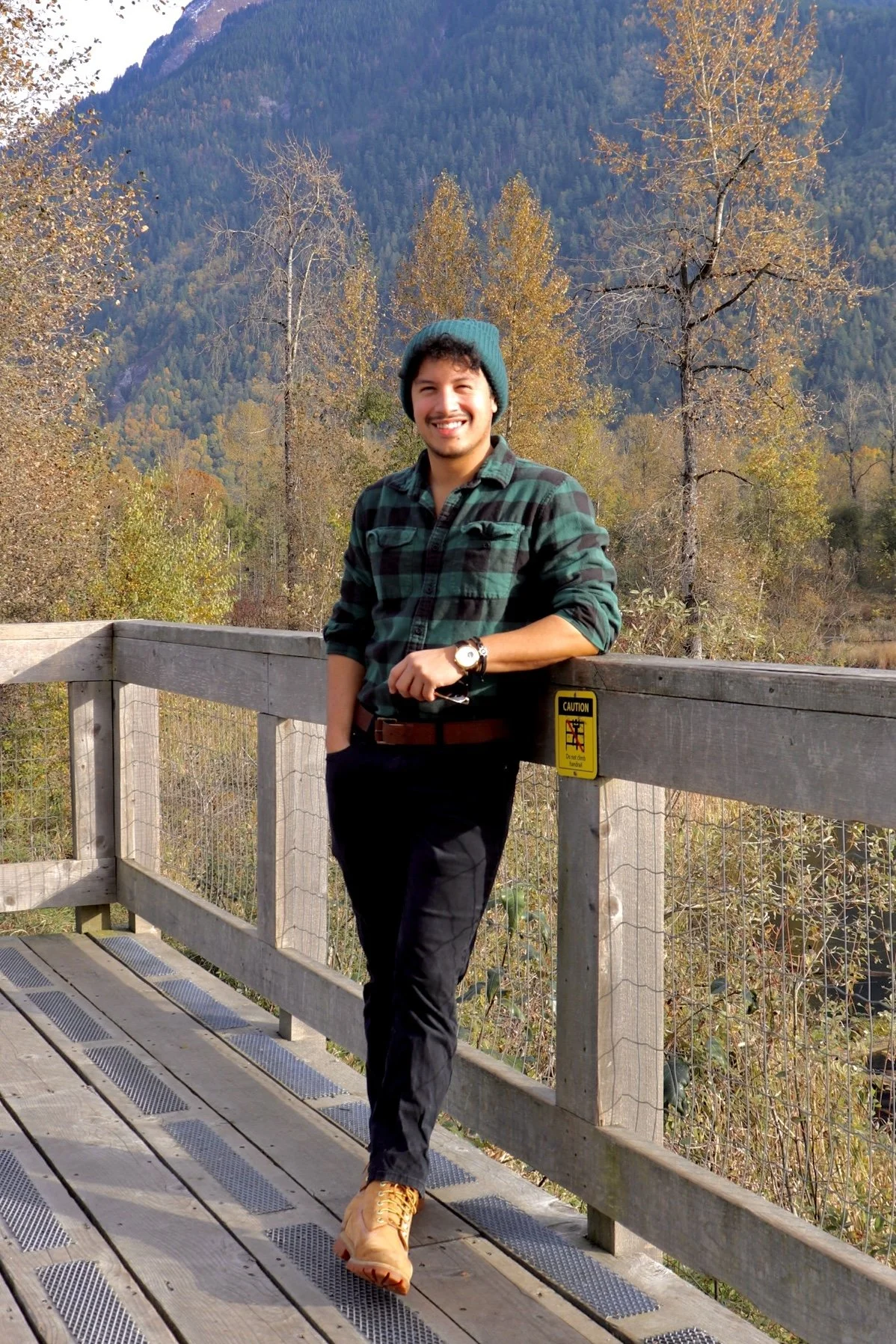
Berry Environmental Resilience Research & Innovation Lab
Dr. Lauren Erland’s Lab at The University of the Fraser Valley, Chilliwack Campus
Ey swayél. The BERRi Lab is based on the Canada Education Park Campus of the University of the Fraser Valley on the territory of the Stó:lō People (People of the River) in Ts’elxwéyeqw (Chilliwack) Tribal Territory which comprises seven communities: Ăthelets (Aitchelitz), Shxwhá:y (Shxwa:y Village), Sq’ewqéyl (Skowkale), Sxwoyehálá (Squiala), Th’ewá:li (Soowahlie), Ch’íyáqtel (Tzeachten), and Yeqwyeqwí:ws (Yakweakwioose). We are uninvited guests on this land and are grateful to be able to live, learn and work here. We encourage others to learn on whose land you reside and recommend native-land.ca as a helpful first resource, and if you are in BC The BC Assemble of First Nations map. Some resources on the Ha'lq’eméylem language and pronunciation are available here and through the Stó:lō Nation here and here.
In the BERRI Lab all Ways of Knowing are valued, diversity is celebrated, and most importantly plants are the coolest! Welcome!
If you are interested in collaborating, or wish to inquire about graduate student or trainee positions, or support for fellowship (e.g. NSERC) applications please reach out directly by email @ lauren.erland@ufv.ca or check out the Join Us page.
Dr. Lauren Erland
Assistant Professor & Canada Research Chair, Berry Horticulture
PhD Plant Agriculture, University of Guelph (2019)
MSc Biochemistry & Molecular Biology, UBC Okanagan (2015)
Lauren's interests are in understanding the role of plant growth regulators in plant perception and response to changes in their environment, and how this can be applied to understand and predict climate change resilience and vulnerability of Canadian plant species. Her work uses interdisciplinary approaches including metabolomics, plant tissue culture and micropropagation, quantum dot microscopy, field studies and controlled environments to better understand how plants grow. She has a particular interest in Vaccinium species (cranberry, huckleberry, lingonberry, blueberry), understanding how these traditional and commercial species respond to stress, and applied research to promote food security, food sovereignty and berry health on the land, in the field and in the lab.
Nykita Wigley
NSERC USRA
Nykita is in her final year of UFV's BSc with a double major in Biology and Biochemistry. She is a stay-at-home mom to one toddler and her favorite hobby is learning all about plants. Her and her son spend the majority of their day singing to Ms. Rachel while taking care of their 250+ different types of houseplants. Her undergrad research investigates the effects of climate change on different cranberry varieties, in hopes of being able to predict which ones will be best suited for future conditions.
Coral Che
Undergraduate Researcher
Coral is in her 4th year in the Bachelor of Agriculture Science at the University of the Fraser Valley. I’m passionate in learning about plant anatomy as well as disease tolerance; I’m also interested in greenhouse techniques, especially hydroponic. Her work will help to determine blueberry varietal susceptibility to blueberry scorch virus.
Sebastian Molina
Honours Student Researcher
Sebastian is currently in his third year pursuing a Bachelor of Science degree majoring in Biology at the University of the Fraser Valley. He is very passionate about molecular biology and has always had an interest in plants and nature. Sebastian will be assisting in research focusing on micropropagation of native Canadian plant species. After graduating, Sebastian aspires to advance his education and initiate a career dedicated to biological research.
Dan Gaudet
PhD Student
Daniel Gaudet is a PhD student at University of British Columbia, Okanagan Campus. Dan’s research interest involves the metabolomic and hormonomic changes in response to environmental stress. By using a combination of tissue culture models, analytical chemistry techniques and microscopy, he hopes to better understand how plants develop and deal with temperature stress. His work will hopefully lead to the development of strategies to improve crop resiliency in the face of climate uncertainty.
PREVIOUS STUDENTS:
2023-2024
Isabelle Siemens, Directed Study Student, Can cranberry chemical communicate climate change?
Nandish Khandelwal, Directed Study Student, Exploring the potential of microalgae carbon capture waste as a soil amendment in strawberry cultivation
Rajpal Singh Mann, Effect of soil fertilizer patchiness on biomass in new cranberry field establishment
Elisha Marks, Undergraduate Research Assistant, Cranberry responses to in field warming
Alison Goeres, Directed Study Student, Effects of bioenhancer on soil quality, growth and microbiome in strawberry
Deepinder Sandhu, Directed Study Student, Impacts of in-field warming on cranberry quality & antioxidant capacity
Thomas Johnston, Undergraduate Research Assistant, Responses of strawberries to bioenhancer and fertilizer regimes
Weston Johnsrude, Directed Study Student, Non-target impacts of agricultural applications of melatonin
Alex Pennock, Directed Study Student, Impact of smoke-derived plant growth regulating molecules on native and endemic Okanagan plants
Stephanie Laframboise, Directed Study/Work Study Student, Impacts of environmental warming on cranberry phenology and stress
2022-2023
Mack Frost, Directed Study Student, Can GA3 and tryptophan increase flower production in strawberry?
Tyler Osterbeck, Internship Student, Re-vegetation after the Christie Mountain Wildfire
David Gardner, Directed Study Student, Antioxidant potential of cranberries





